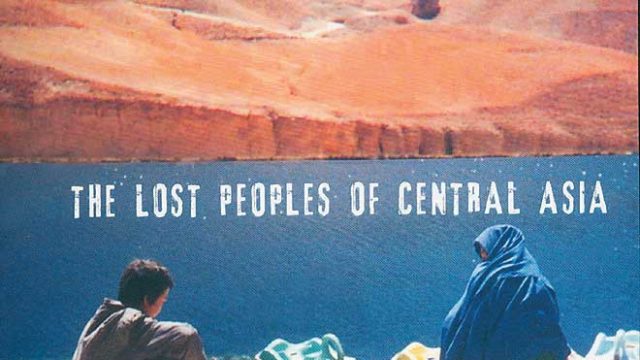With their stories of venal policemen, sadistic visa officials, Borat-like taxi drivers, grungy Stalin-era hotels and vile food, there’s a predictable sameness about the flood of books on Central Asia published since the ‘Stans’ became independent countries. Daniel Metcalfe’s book, though it has its share of these, is an exception and covers fascinating new ground.
Metcalfe’s journey takes him in search of six of the myriad ethnic groups that make up the rich human tapestry of Central Asia — Karakalpaks of the Aral Sea region, the Jews of Bukhara, Germans of Kazakhstan, Yaghnobis of Tajikistan, Hazaras of Afghanistan and Kalashas of Pakistan’s Chitral region. All of them, decimated by mass deportations, political upheavals, cultural isolation and economic change, are now on the verge of extinction.
Metcalfe’s encounters with the Bukhara Jews, Kazakh Germans, Karakalpaks and Hazaras yield stories of incredible resilience and tenacity. In the alpine valleys of the Kalashas, he discovers the ancient shamanistic culture and religion of the only non-Muslim people in the region — so, yes, the Kafirs of the Hindu Kush exist, but just barely. Perhaps his most interesting journey is to the villages of the Yaghnobis of Tajikistan, the only surviving descendants of the Soghdians, an ancient Iranian people who were masters of the Silk Road trade. The Soghdians’ powerful empire lasted until the 7th century when Islam reached Central Asia. The sheer remoteness of their villages preserved their distinctive culture and language until 1970, when the heavy hand of the Soviet Union finally fell on them.
Metcalfe writes about his ‘lost peoples’ with lightly worn erudition. If only he didn’t make such heavy weather of his travails, whining about bug bites, potholed roads and the pitfalls of eating pulao with his fingers — these strike a jarring note, especially in the face of the unstinting generosity he receives from people who barely have enough to live on.




